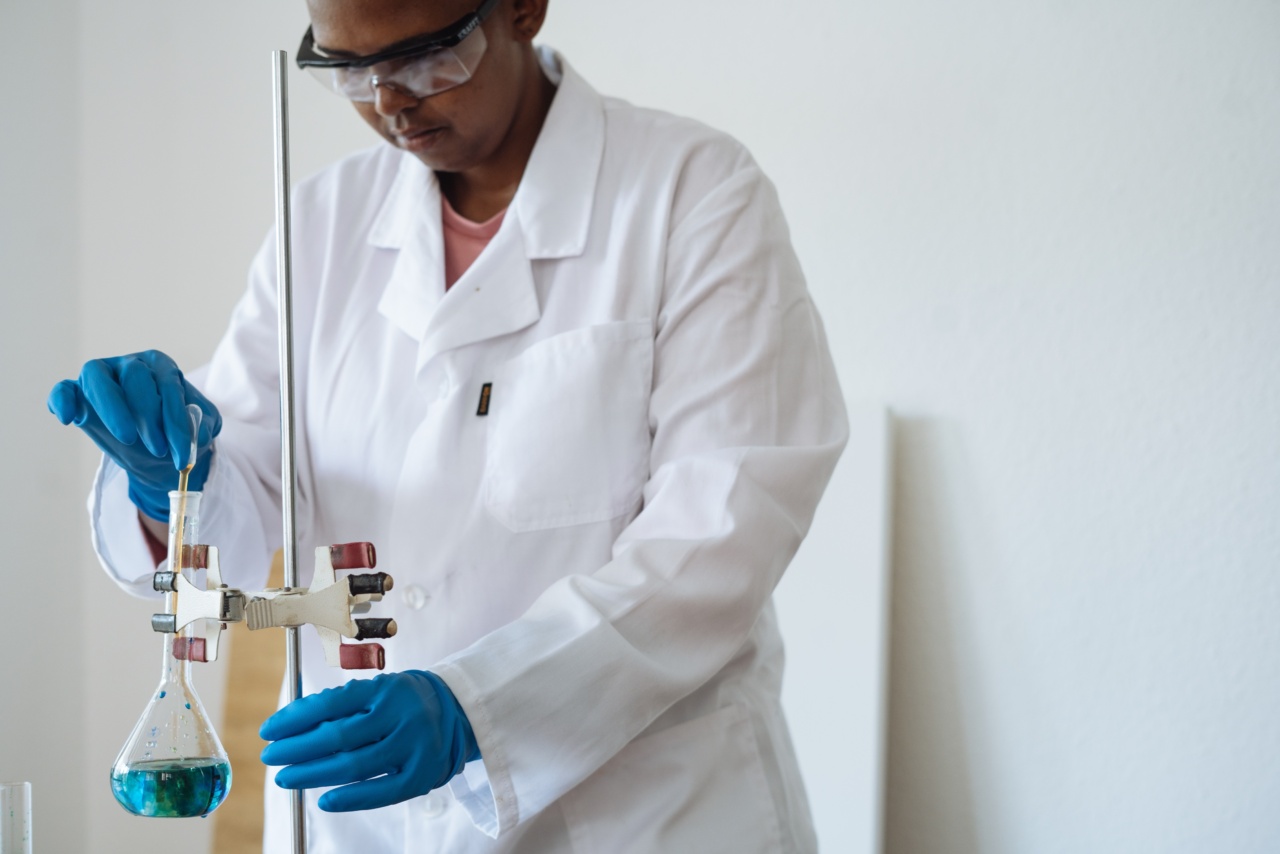Urine check is a simple medical test that can reveal a lot about your health. The urine consists of waste products that are filtered out from your blood by the kidneys.
The color, smell, and composition of your urine can indicate how well your kidneys and other organs are functioning. Here are some reasons why urine check is crucial for your health:.
1. Early Detection of Medical Conditions
Urine check can detect many medical conditions at an early stage, before they become serious. Urine tests can detect the presence of proteins, glucose, ketones, and other substances that may indicate a problem.
For example, if you have proteinuria, or high levels of protein in your urine, it may indicate kidney damage or disease. If you have glycosuria, or high levels of glucose in your urine, it may indicate diabetes. Early detection can help you get the treatment you need to prevent further damage to your health.
2. Monitoring Chronic Medical Conditions
Urine check can also help monitor chronic medical conditions, such as diabetes, hypertension, and kidney disease. Regular urine tests can indicate whether your condition is under control or getting worse.
For example, if you have diabetes, your urine test may show high levels of glucose, indicating that your blood sugar levels are not well controlled. By adjusting your diet, exercise, and medication, you can lower your blood sugar and prevent complications.
3. Screening for Cancer
Urine check can also be used to screen for certain types of cancer, such as bladder cancer. Blood in the urine, also known as hematuria, can be a sign of bladder cancer or other urinary tract problems.
If you have hematuria, your doctor may recommend further tests, such as a cystoscopy or CT scan, to check for cancer or other conditions.
4. Monitoring Medications
Urine check can also help monitor medications, such as antibiotics and painkillers. Some medications can cause kidney damage or liver problems if taken for a long time or in high doses.
Urine tests can detect the presence of these medications and their byproducts, indicating whether your dosage is appropriate or needs to be adjusted. If you have kidney disease, your urine test may also indicate whether your medications are accumulating in your body, causing further damage.
5. Evaluating Dehydration and Hydration
Urine check can also evaluate your hydration status. Dark urine or low urine output may indicate dehydration, which can lead to many health problems, such as kidney stones, constipation, and urinary tract infections.
On the other hand, clear or pale urine may indicate overhydration, which can lead to electrolyte imbalances and water intoxication. By monitoring your urine output and color, you can adjust your fluid intake to maintain a healthy balance.
6. Detecting Urinary Tract Infections
Urine check is also crucial for detecting urinary tract infections (UTIs). UTIs are common infections that affect the bladder, urethra, or kidneys.
Symptoms of UTIs include pain or burning during urination, frequent urge to urinate, and cloudy or foul-smelling urine. Urine tests can detect the presence of bacteria, white blood cells, or nitrites, which are signs of UTIs. UTIs can be treated with antibiotics, but if left untreated, they can lead to serious complications, such as kidney damage or sepsis.
7. Identifying Rare Metabolic Disorders
Urine check can also identify rare metabolic disorders, such as phenylketonuria (PKU), which affects the body’s ability to process the amino acid phenylalanine.
If left untreated, PKU can cause intellectual disabilities, seizures, and behavioral problems. Urine tests can detect high levels of phenylalanine and other amino acids, indicating the presence of PKU. Early detection and treatment can prevent or minimize the damage.
8. Monitoring Pregnancy
Urine check is also important for monitoring pregnancy. During pregnancy, urine tests can detect the presence of hCG, or human chorionic gonadotropin, which is a hormone produced by the placenta.
High levels of hCG can indicate that you are pregnant, while low levels or no hCG can indicate a problem, such as miscarriage or ectopic pregnancy. Later in pregnancy, urine tests can also detect the presence of protein, glucose, and other substances that may indicate preeclampsia or gestational diabetes.
9. Compliance With Drug Testing Protocols
Urine check is also crucial for compliance with drug testing protocols. Many employers, schools, and sports organizations require drug testing to ensure the safety and integrity of their operations.
Urine tests can detect the presence of illegal drugs, prescription drugs, and alcohol, indicating whether the person is using them or not. Drug testing can deter drug use and help identify people who need help with addiction.
10. Preventing Future Health Problems
Urine check is not only important for diagnosing current health problems but also for preventing future health problems. By monitoring your urine output and composition, you can make lifestyle changes that promote good health.
For example, drinking plenty of water can prevent dehydration and kidney stones. Eating a balanced diet and exercising regularly can prevent diabetes and heart disease. Avoiding tobacco and alcohol can prevent cancer and liver disease.
Conclusion
Urine check is a simple and inexpensive medical test that can provide valuable information about your health.
By detecting early signs of medical conditions, monitoring chronic conditions, screening for cancer, evaluating hydration status, detecting UTIs, identifying rare metabolic disorders, monitoring pregnancy, complying with drug testing protocols, and preventing future health problems, urine check can help you make informed decisions about your health and well-being.




























